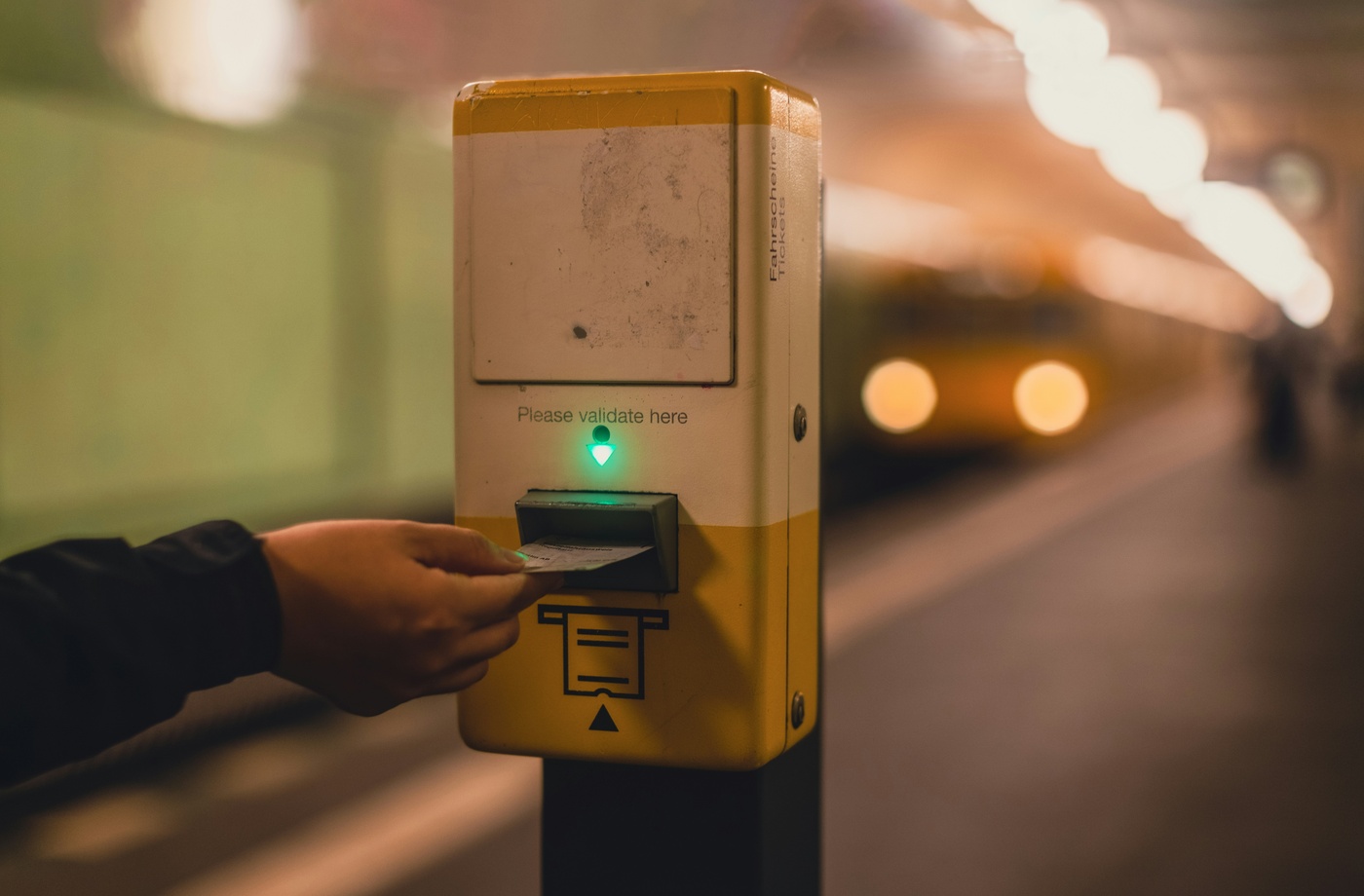When it comes to parking in busy cities or near work, many drivers face the daily dilemma: take the risk and hunt for a metered street spot or head straight into the garage and pay a fixed fee? The truth is, both options have their pros and cons—and the one that actually saves you more depends on timing, location, and your tolerance for uncertainty.
Let’s break down the real costs of street parking versus garage parking, so you can make the smartest choice for your commute or weekend outing.
Street Parking: The Appeal of a Deal (and the Catch)
At first glance, metered parking seems like a no-brainer. It often costs significantly less per hour than a garage and may even be free on weekends or after certain hours. For example, parking at a meter in downtown Chicago might cost $4/hour, compared to a $20 minimum for a garage.
But the math doesn’t always work in your favor. Many street spots have:
- Strict time limits, usually 1–2 hours
- Enforcement windows with high fines for overstays
- High demand during peak hours, making them tough to find
- Confusing signage, which can lead to accidental violations
Add in the mental overhead of racing the meter or circling the block in traffic, and the savings start to diminish—especially if you’re late for a meeting or end up with a $65 ticket.
Garage Parking: Pay More, Stress Less
Garage parking typically offers fixed pricing for hourly or daily rates, longer maximum stays, and added conveniences like security, weather protection, and proximity to destinations. For longer stays—like a full workday or airport trip—a garage can be the better value when compared to multiple hours at the meter (if allowed at all).
For instance, many garages offer early bird or all-day commuter rates between $10–15, while metered parking at $4/hour for 8 hours would total $32.
Garages also remove the stress of parking time limits and give you peace of mind that your car won’t be towed or ticketed during the day.
The Hidden Cost: Your Time
One of the biggest differences is predictability. Garage parking is reliable—you know where you’re going, how much it will cost, and that you’ll have a spot. Street parking can add 10–20 minutes of circling during peak hours. That time loss can add up over the course of a week.
When Street Parking Wins
- You’re staying less than 1–2 hours
- It’s off-peak (early morning, late night, or weekends)
- You know the area well and can quickly spot legal, open spaces
- You’re comfortable with a little parking risk
When Garage Parking Wins
- You need to park all day or overnight
- You’re unfamiliar with the area or signage is unclear
- It’s a high-fine enforcement zone or snow season
- You want extra safety or proximity to your destination
Stacking the Savings with Cashback Apps
Even if garage rates seem higher, you can reduce the hit by stacking rewards. Apps like Fluz, Rakuten, and Ibotta offer cashback when you pay for parking through participating services.
For example, you can buy a digital gift card through Fluz for providers like Park ’N Fly or other garages and receive instant cashback—especially useful for longer-term or airport parking. It’s an easy way to reduce the cost of convenience.
There’s no one-size-fits-all answer—but if you’re parking longer than two hours, don’t want to risk a ticket, or need guaranteed availability, garages often win out in the long run. If you’re staying for a short visit and know your neighborhood, metered parking can still be a budget-friendly option. Evaluate your schedule, budget, and comfort level—and don’t forget to use cashback tools to take the sting out of those garage fees.



